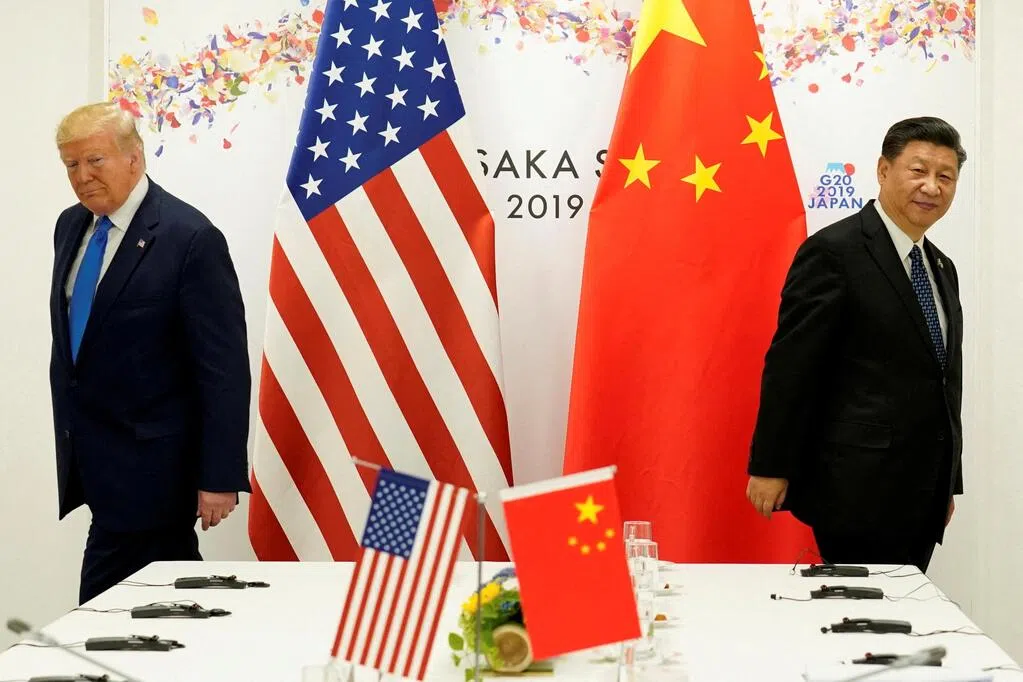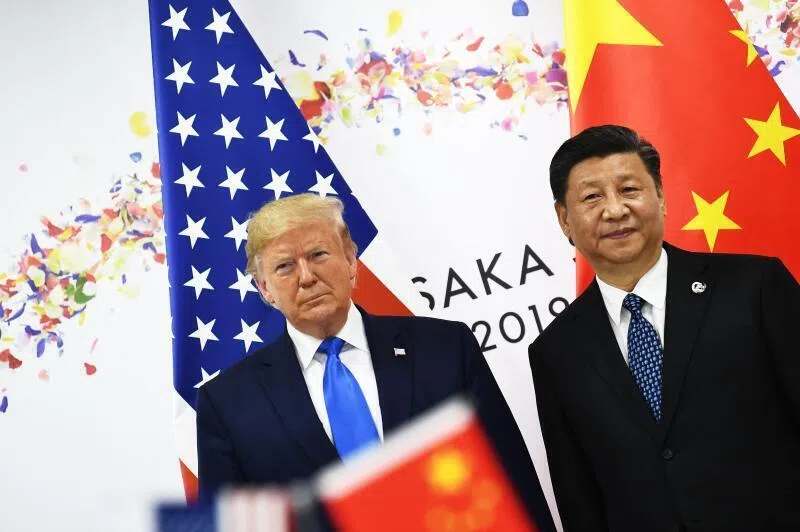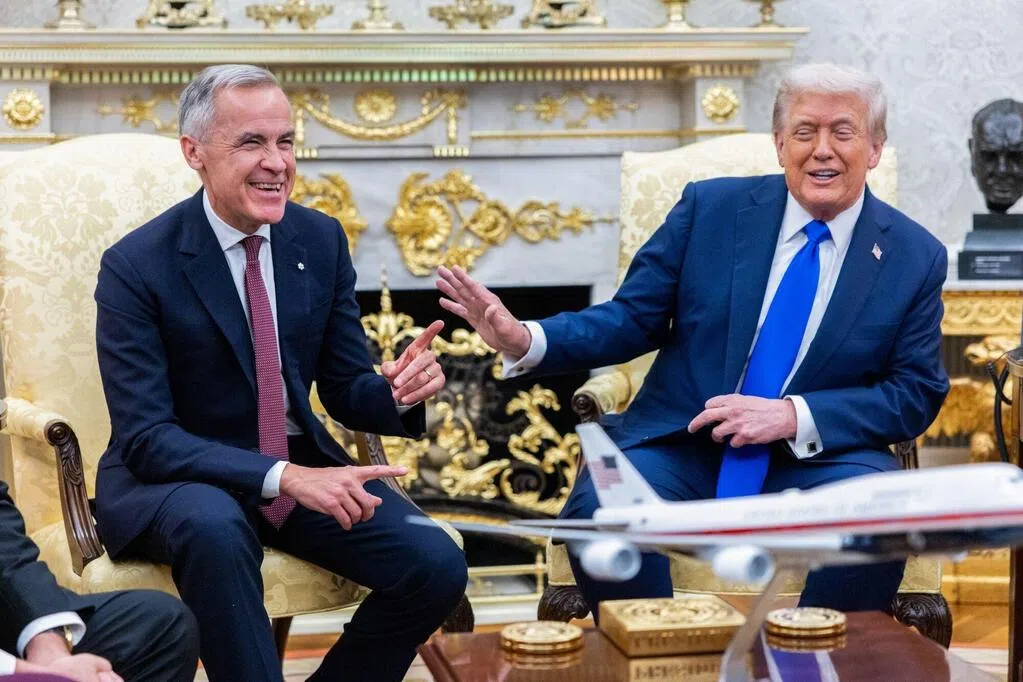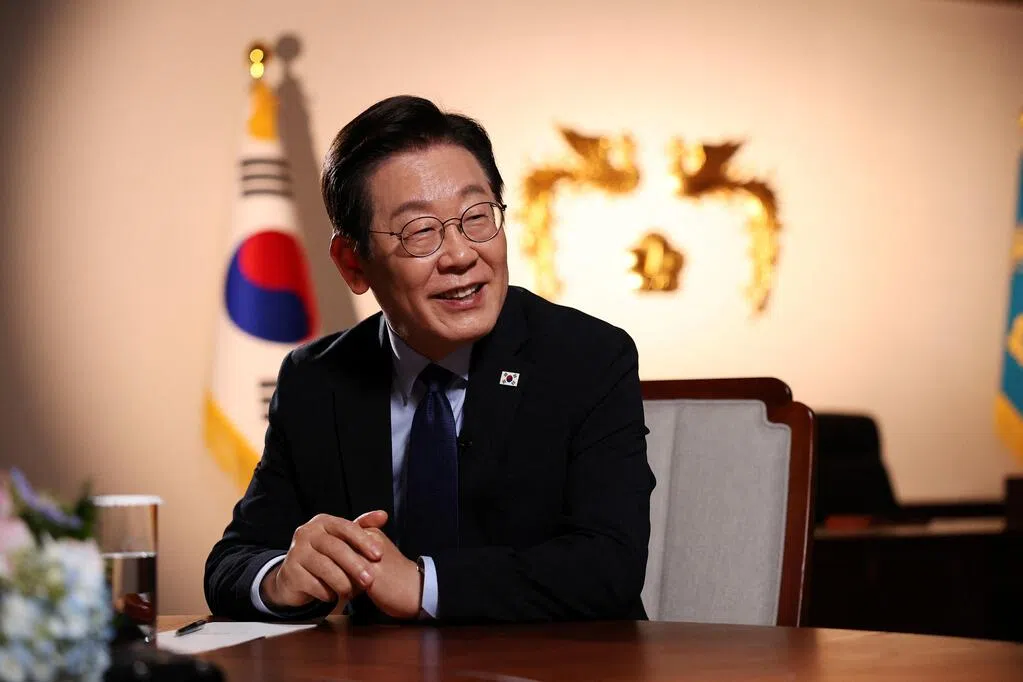(Washington) The White House has confirmed that US President Trump will meet with Chinese President Xi Jinping in South Korea next Thursday. Analysts believe that amid the tense Sino-US trade situation, this Trump-Xi meeting is expected to at most temporarily ease tensions, with neither side likely to back down in order to reach a comprehensive agreement resolving the core conflict.
White House Press Secretary Levitt told the media on Thursday (October 23) that Trump will depart for Malaysia on Friday evening (October 24) and then visit Japan and South Korea. She said: "President Trump will hold a bilateral meeting with Chinese President Xi Jinping on Thursday morning (October 30), local time (South Korea), before departing for home."
According to the itinerary released by the White House, Trump will meet with Malaysian Prime Minister Anwar Ibrahim on Sunday (October 26) and have dinner with ASEAN leaders during his first stop in Kuala Lumpur. He will fly to Tokyo the next day and meet with Japan's new Prime Minister Sanae Takaichi on Tuesday. On Wednesday, Trump will fly to South Korea. In addition to meeting with South Korean President Lee Jae-myung, he will deliver a speech at the APEC CEO Summit and meet with Xi Jinping.
Regarding his meeting with Xi Jinping, Trump told reporters Thursday, "I believe there will be a very good outcome, and everyone will be very satisfied."
New York Times: Washington is planning a new round of tariffs on China
However, the New York Times, citing sources, reported the same day that the Trump administration is planning a new round of tariffs on China, potentially further intensifying the Sino-US trade conflict.
Extended Reading


According to sources familiar with the matter, the Office of the United States Trade Representative may announce as early as Friday that it will invoke the Trade Expansion Act to launch a new round of investigations into China's failure to fulfill the terms of the trade agreement signed during Trump's first term. The results of the investigation could provide the basis for the US to impose additional tariffs on China.
China and the US signed their first trade agreement in 2020, with China pledging to purchase $200 billion worth of US goods and services, including natural gas, soybeans, and aircraft. The subsequent outbreak of the COVID-19 pandemic brought global trade to a near standstill.
Official US data released in 2022 showed that China's purchases under the agreement fell far short of its commitments. According to estimates by the Peterson Institute for International Economics (PIIE), China's purchases reached only 58% of its commitment, even less than its imports before the outbreak of the Sino-US trade war.
Scholars: Beijing will not easily lift rare earth controls.
The Xi-Trump summit is approaching, but neither China nor the US has softened its stance. A Bloomberg analysis notes that the agreements Trump seeks often focus on form over substance. Even if a deal is reached at the Xi-Trump summit, it would only temporarily ease tensions between the two countries, far from being a comprehensive agreement that would resolve the core conflicts. Sun Chenghao, an associate researcher at the Center for Strategic and Security Studies at Tsinghua University, said Xi Jinping views rare earths as a key strategic advantage for China, rather than simply a bargaining chip, which means it's highly unlikely Beijing will succumb to Trump's demands.
"For Beijing to lift its rare earth control policy, the United States would have to make significant concessions, potentially including easing technology sanctions on China. This is currently politically unfeasible for Washington."
Henrietta Levin, a China expert at the Center for Strategic and International Studies (CSIS), a U.S. think tank, said, "Both sides clearly want to stabilize Sino-U.S. relations. The question is who is better positioned to decide that. Unfortunately, I believe Beijing holds the cards."



